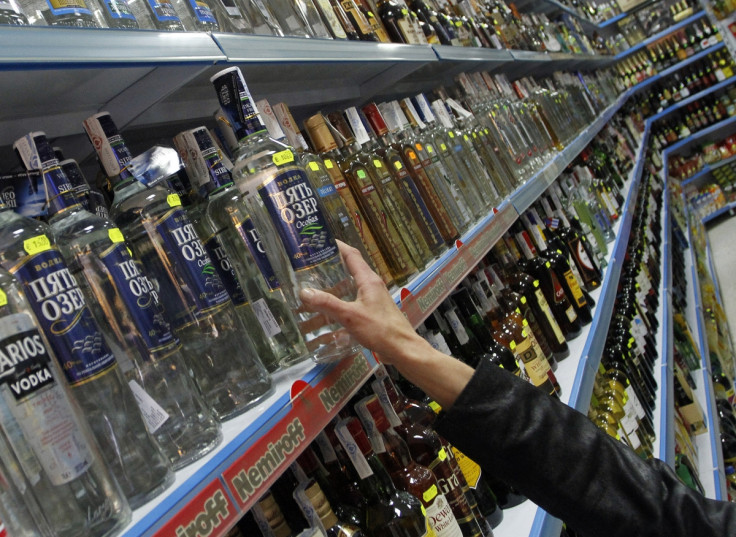Scotland's minimum alcohol pricing plan could breach EU law

The European Court of Justice (ECJ) ruled on Wednesday that the Scottish government's plans for minimum alcohol pricing contravened EU law. The court said that the plans would breach EU law "if less restrictive tax measures can be introduced".
The case was originally brought before Edinburgh's Court of Session by the Scotch Whiskey Association in 2012 where it was rejected. Following that decision, an appeal was launched at the ECJ.
In 2012, the Scottish parliament passed legislation to introduce a minimum price of 50p per unit of alcohol. The ECJ's ruling said that this would 'restrict the market'.
"The Court of Justice considers that the effect of the Scottish legislation is significantly to restrict the market, and this might be avoided by the introduction of a tax measure designed to increase the price of alcohol instead of a measure imposing a minimum price per unit of alcohol," said the ruling.
The Scottish government wanted to introduce minimum pricing as a way of combating excessive drinking and alcohol-related health issues in Scotland. The government said that minimum unit pricing plan would bring about benefits such as "a fall in hospital admission of 1,600 in year 1, and 6,500 per year by year ten of the policy" and "a fall in crime volumes by around 3,500 offences per year". Though the court suggested new taxes would be a less restrictive measure, the Scottish government does not have the power to introduce new alcohol taxes.
David Frost, chief executive of the Scotch Whisky Association, said: "We welcome the European Court's ruling. The SWA always said European Union law issues were central to this case, and so it has proved. This settles EU law issues once and for all. The court has confirmed that minimum unit pricing (MUP) is a restriction on trade, and that it is illegal to choose MUP where there are less restrictive ways of achieving the same end.
"The Scottish courts will now reflect on the implications of the ruling and all the evidence, before issuing a final judgement.
"This ruling opens the way to moving the debate on and allowing us to address alcohol misuse with practical measures that actually work. Alcohol-related deaths have fallen by a third over the last decade in Scotland, which suggests we are already on the right path. We remain committed to working closely with the Scottish Government and everyone else with an interest."
The case will return to the Court of Session for a final decision, though this could then be appealed in the UK Supreme court.
© Copyright IBTimes 2024. All rights reserved.






